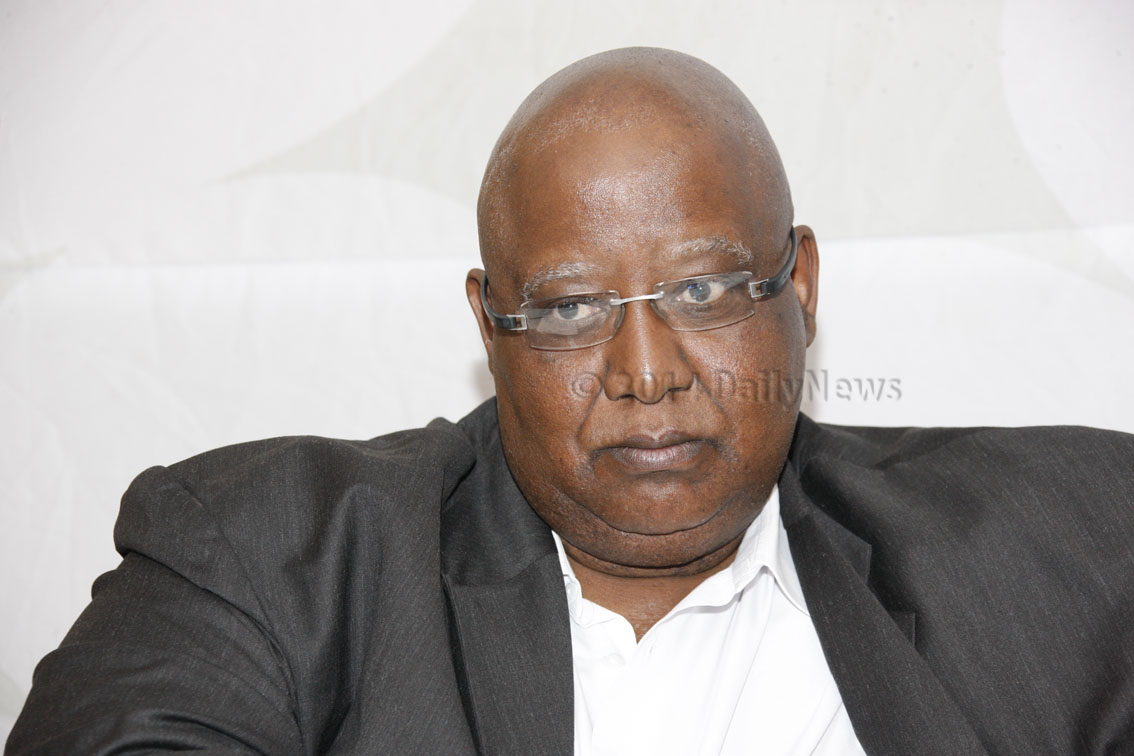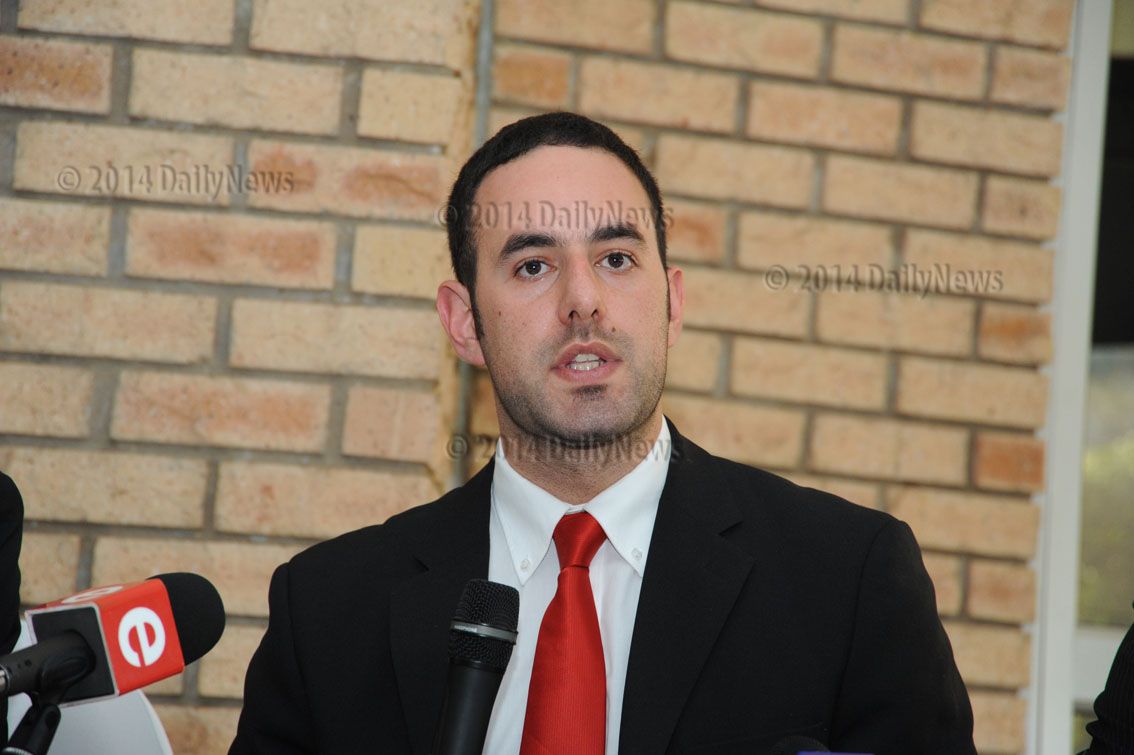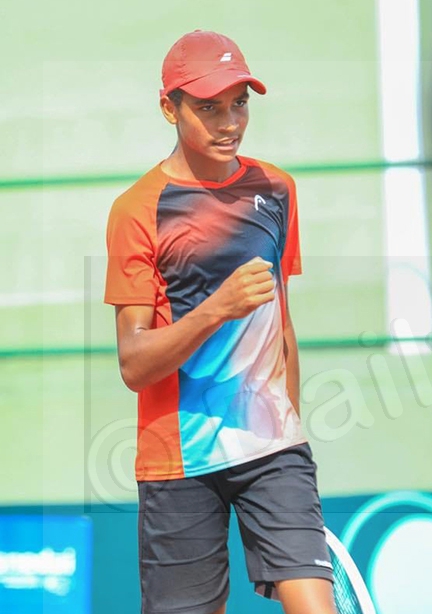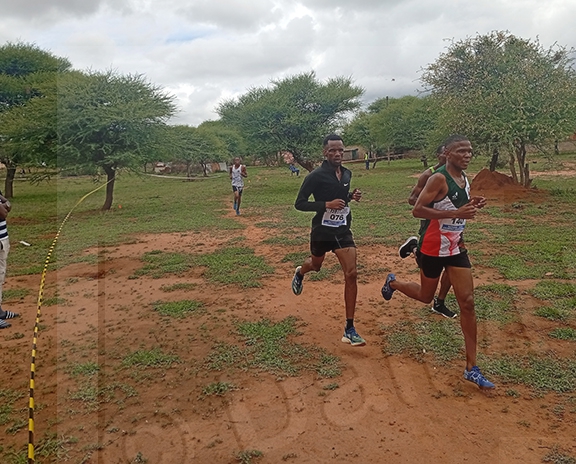Club commercialisation mixed bag
28 Jul 2014
The race to commercialise local football has bred instability in some clubs primarily because teams that were initially owned by societies were converted into private companies that are controlled by individuals.
When he came into power about 24 months ago, Botswana Football Association (BFA) president, Tebogo Sebego set privatisation as one of his key milestones.
During his address at the BFA annual general assembly in August last year, Sebego assured football administrators that the project to commercialise football was well on the right track.
However, what is immediately evident on the ground is that the concept has dramatically polarised the clubs and bred animosity amongst football administrators.
Currently, the sport has become a divisive factor instead of a unifying one, as the former president of South Africa, Nelson Mandela once suggested. The words attributed to the Africa statesman said “sport has the power to unite people in a way that nothing else can. And sport speaks to people in language that they can understand. It creates hope where there was only despair.”
Township Rollers, one of the premier league’s leading outfits, was one of the first teams to go the commercialisation route.
Rollers managing director Somerset Gobuiwang and businessman Jagdish Shah acquired an 80 per cent stake in the club while the remaining 20 per cent was set aside for the society or Township Rollers supporters.
This arrangement did not sit well with some members of the club, who immediately took the matter to court. The High Court is expected to deliver judgement in the matter on September 5.
Another premier league outfit, Notwane handed 100 per cent ownership to one Gift Mogapi of GM Holdings, who later disappeared into thin air, leaving the club in limbo. The case was also resolved at the High Court.
The commercialisation of BMC, which had been operating as a society for the past five decades, came after the team’s corporate backer; Botswana Meat Commission cut off financial support to the team and sold it to a private investor by the name of Daruosh Ghodrati. The club’s supporters cried foul, and the case is still before the courts.
The picture that emerges in the drive to commercialise Botswana football is that many such initiatives end up contested in the courts of law. One may ask, what is going wrong?
FIFA development officer, Ashford Mamelodi said professionalisation of football is a sign of changing ties, an indication that the game is evolving.
“We are at a point where football is exploiting its various properties. The extent to which football will develop henceforth will depend on how developed and attractive the said properties are,” he said.
He added that the FIFA World Cup and Champions League in Europe are good examples of how football can garner financial benefits if it is well developed, because players, coaches and other stakeholders will be better catered for in a more professional environment.
He also gave South Africa as an example that if well executed, commercialisation can bring good results.
However, Mamelodi warned that if the said properties of the game are not sufficiently developed, it would be a challenge for clubs to break even or earn a profit.
“Very often, a well-developed elite league would result in a better performing national team,” he said.
Mamelodi said when FIFA conducted administration and management course throughout the African continent as part of the 2010 FIFA World Cup legacy; it was with anticipation that as part of her development in football, Africa will need to accelerate the promotion and development of her competitions and more specially leagues at the elite level.
Mamelodi said relations between clubs and business have not been very cordial because clubs in Botswana are not sufficiently developed to meet the challenges that come with such relations.
“A minimally developed club would be one that has offices and at least one training field, with technical and administrative staff, contracted players, a data base of registered and fully paid up members, marketing and communication policies as well as a football development programme,” he said.
He also warned that some local clubs have a tendency to transform their structures or enter into relationships with companies with no appropriate structures in place.
While the Bosele Declaration had envisaged that clubs would be transformed into body corporates, some clubs retained some influence for the societies that their clubs were identified with, effectively creating two centres of power. In some cases there was insufficient consultation with members or supporters.
Mamelodi said some of the partnerships are struggling because both partners did not understand the implications of the agreements they were entering into and failed to address major issues like levels of investment and roles and responsibilities of owners and managers.
“To avoid further harm and ensure that football in Botswana benefits from commercialization at club level, we must revisit structured and monitored implementation of the Bosele Declaration. This will address our current shortcomings,” he said.
Mamelodi also called for a workshop involving premier league and first division clubs to set up a template of concrete steps to be followed before transformation and commercialization.
“FIFA could assist with relevant expertise if requested,” he said. ENDS
Source : BOPA
Author : Anastacia Sibanda
Location : GABORONE
Event : Football analysis
Date : 28 Jul 2014









